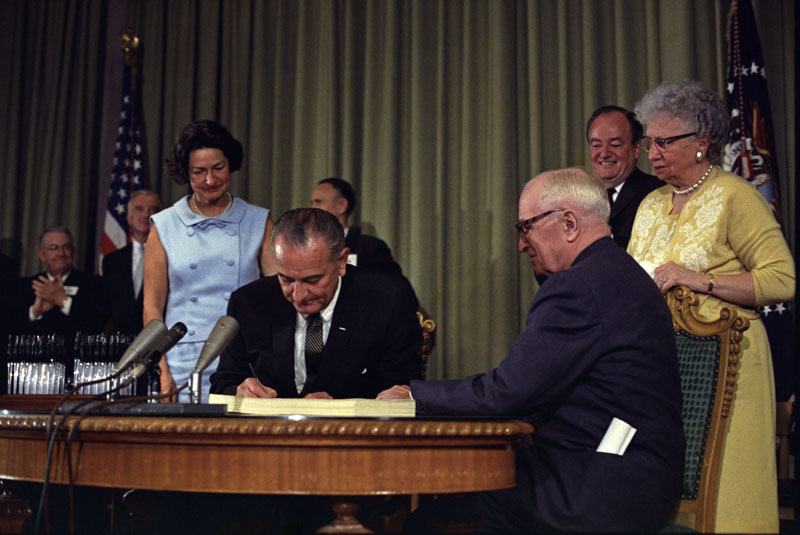Health Equity
- Health equity refers to the study of differences in the quality of health and healthcare across different populations.
- Horizontal equity is the equal treatment of individuals or groups in the same circumstances.
- The principle of vertical equity in health equity is the principle that individuals who are unequal should be treated differently according to their level of need.
- Universal health care refers to a health care system which provides health care and financial protection to all citizens of a particular country.
- Health literacy is the degree to which a patient can obtain, process and understand basic health information.
- Provider discrimination occurs when health care providers either unconsciously or consciously treat certain racial and ethnic patients differently from other patients.
- Preventive healthcare consists of measures taken for disease prevention, as opposed to disease treatment.
- The Affordable Care Act is a United States federal statute signed into law by President Barack Obama in 2010 which represents the most significant regulatory overhaul of the U.S. healthcare system since the passage of Medicare and Medicaid in 1965.
- Medicare is a national social insurance program, administered by the U.S. federal government since 1966, which provides health insurance for Americans aged 65 and older who have worked and paid into the system.
- The largest social health care program in the United States for families and individuals with low income, Medicaid is a means-tested program jointly funded by the state and federal governments and managed by the states.
- The Hippocratic Oath is an oath historically taken by physicians. It is one of the most widely known of Greek medical texts. In its original form, it requires a new physician to swear, by a number of healing gods, to uphold specific ethical standards.
